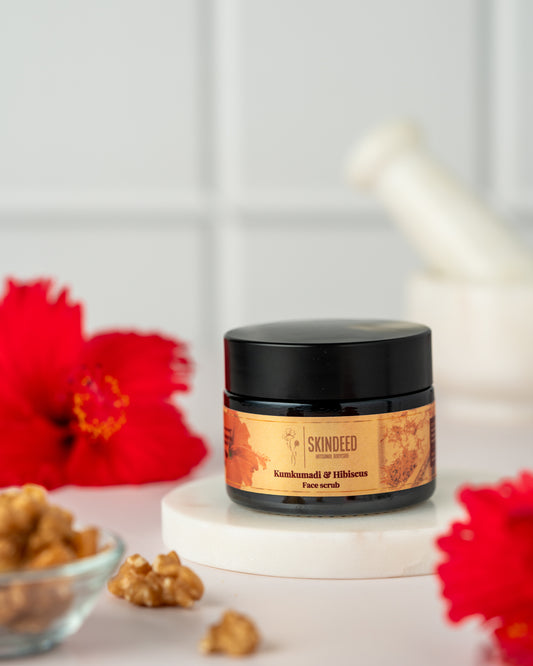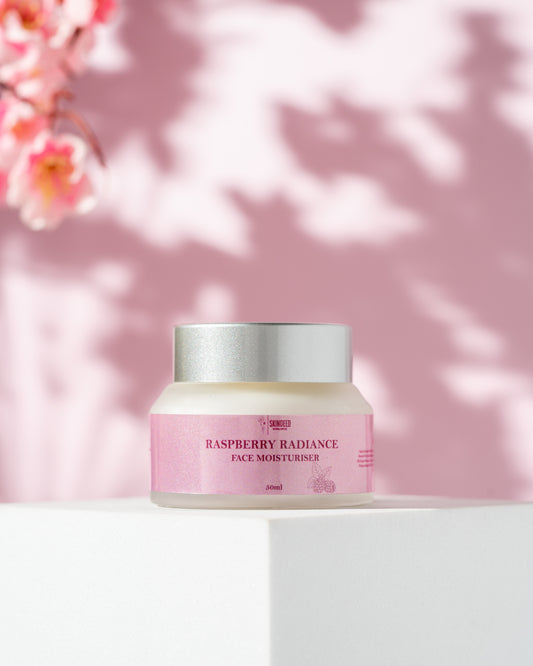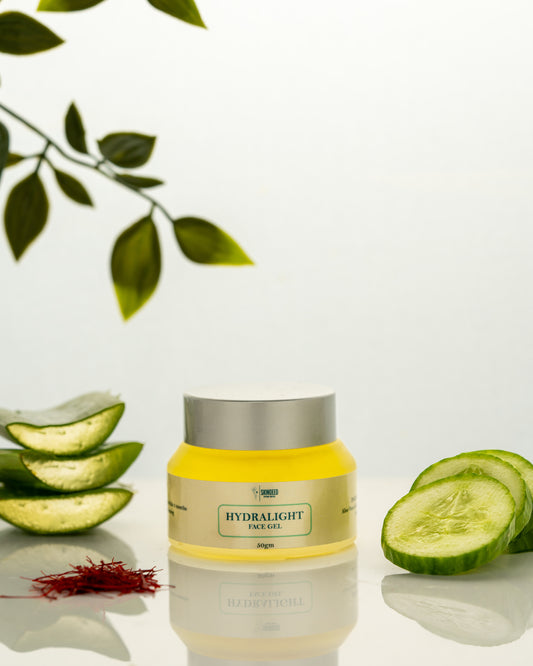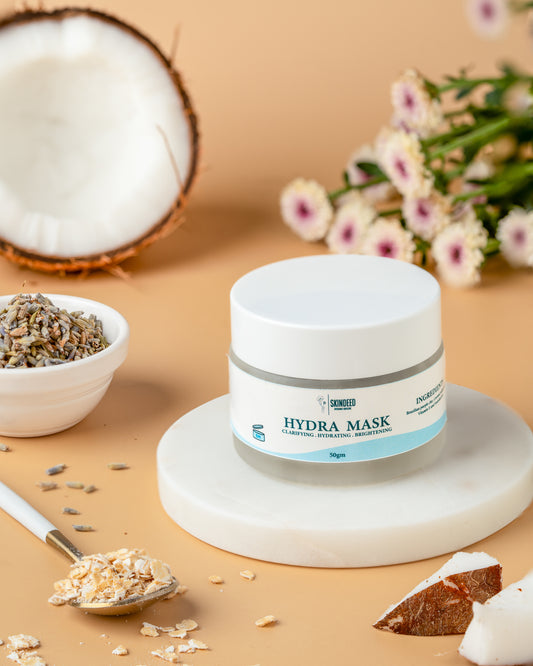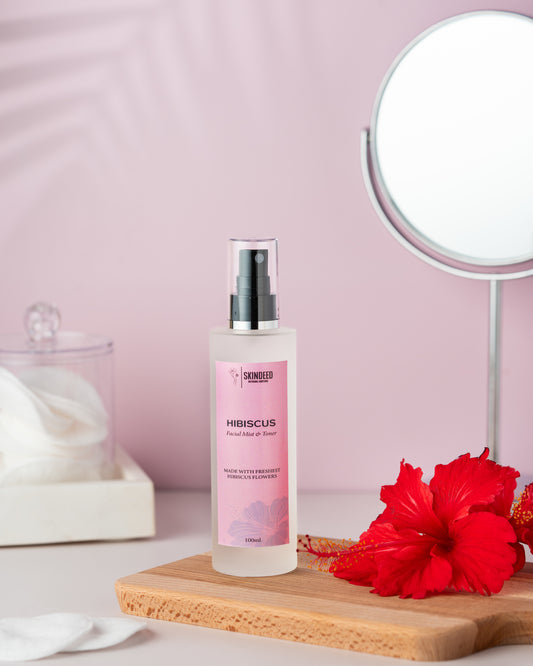Frequently Asked Questions
Sensitive skin requires gentle yet effective care to avoid irritation and flare-ups. Look for products labeled as hypoallergenic, fragrance-free, and specifically formulated for sensitive skin. Opt for cleansers, moisturizers, and serums with soothing ingredients like aloe vera, chamomile, and oat extract.
Exfoliation is essential for removing dead skin cells and promoting skin renewal, but it's crucial to choose gentle exfoliants suitable for sensitive skin. Look for chemical exfoliants with ingredients like lactic acid or fruit enzymes, which are milder than physical scrubs and less likely to cause irritation.
Natural ingredients can be beneficial for sensitive skin as they often have fewer synthetic additives and are less likely to cause irritation. Look for products containing natural soothing ingredients like calendula, green tea extract, and cucumber extract. However, it's essential to patch-test any new product, natural or synthetic, to ensure compatibility with your skin.
If your skin becomes irritated after using face care products, soothe it with gentle remedies like applying a cold compress, using aloe vera gel, or applying a fragrance-free moisturizer. Avoid products containing alcohol, fragrances, and harsh chemicals, as these can exacerbate sensitivity.
Not necessarily. Look for makeup products specifically formulated for sensitive skin and free from potential irritants like fragrances, parabens, and synthetic dyes. Additionally, always remove makeup thoroughly with a gentle cleanser suitable for sensitive skin to prevent clogged pores and irritation.
Facial oils can be beneficial for sensitive skin, but it's essential to choose oils that are non-comedogenic and suitable for sensitive skin types. Opt for lightweight oils like jojoba oil or argan oil, which provide hydration without clogging pores or causing irritation.
It's essential to listen to your skin's needs and adjust your skincare routine accordingly. If your current products are causing irritation or no longer providing the desired results, consider switching to alternative products with gentle formulas and soothing ingredients. However, avoid frequent changes, as this can disrupt your skin's natural balance.
While skincare products play a significant role in managing sensitive skin, maintaining a healthy diet rich in antioxidants, vitamins, and omega-3 fatty acids can support overall skin health. Foods like fruits, vegetables, fatty fish, and nuts can help reduce inflammation and support your skin's natural barrier function.
Sensitive skin individuals should avoid harsh ingredients like sulfates, alcohol, artificial fragrances, and synthetic dyes, as these can strip the skin's natural oils and cause irritation. Opt for products labeled as hypoallergenic, fragrance-free, and formulated specifically for sensitive skin to minimize the risk of adverse reactions.

